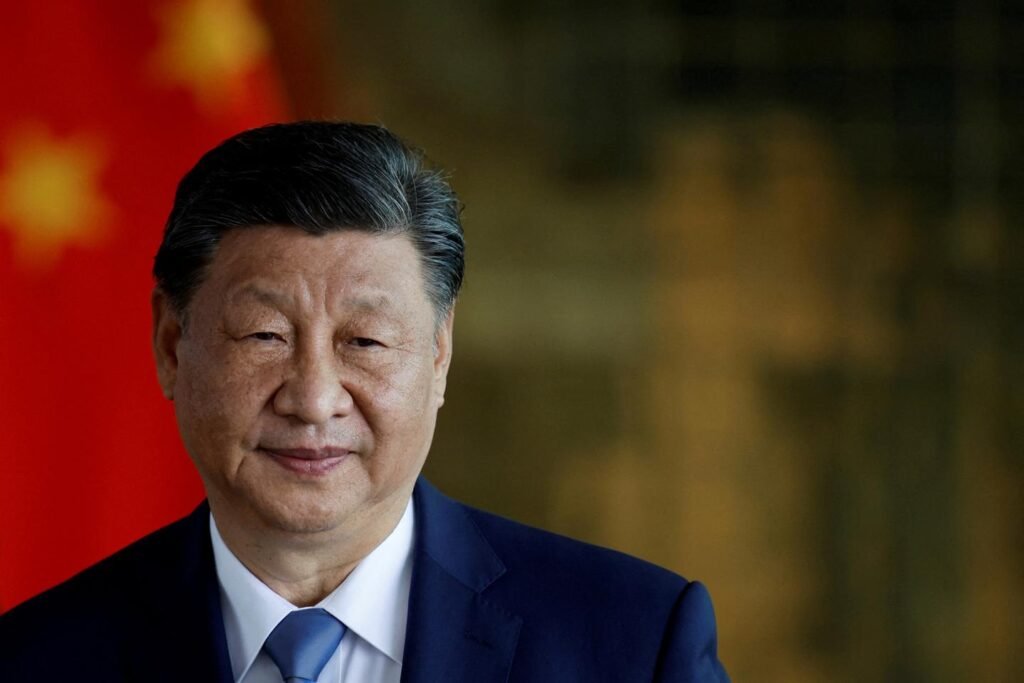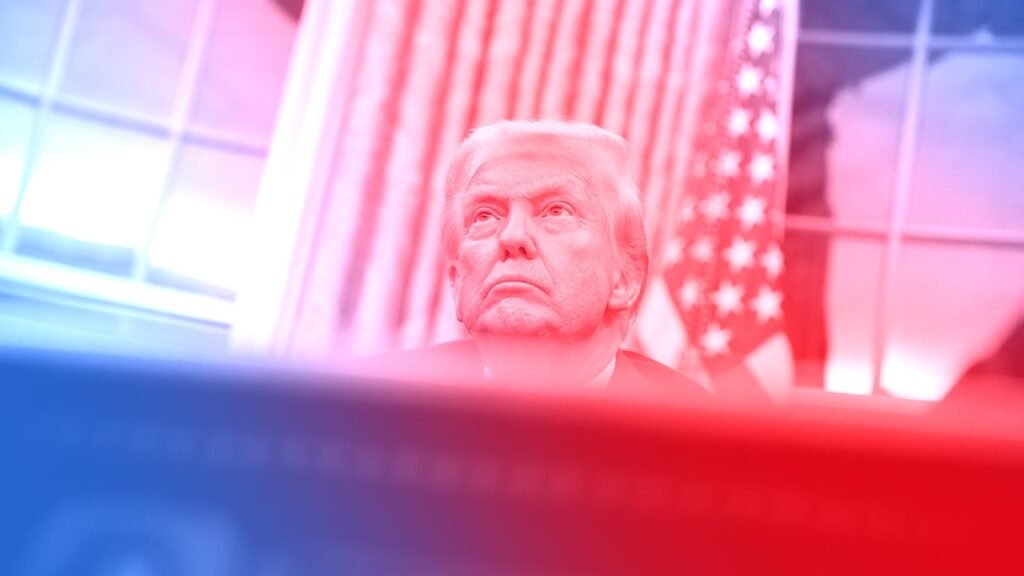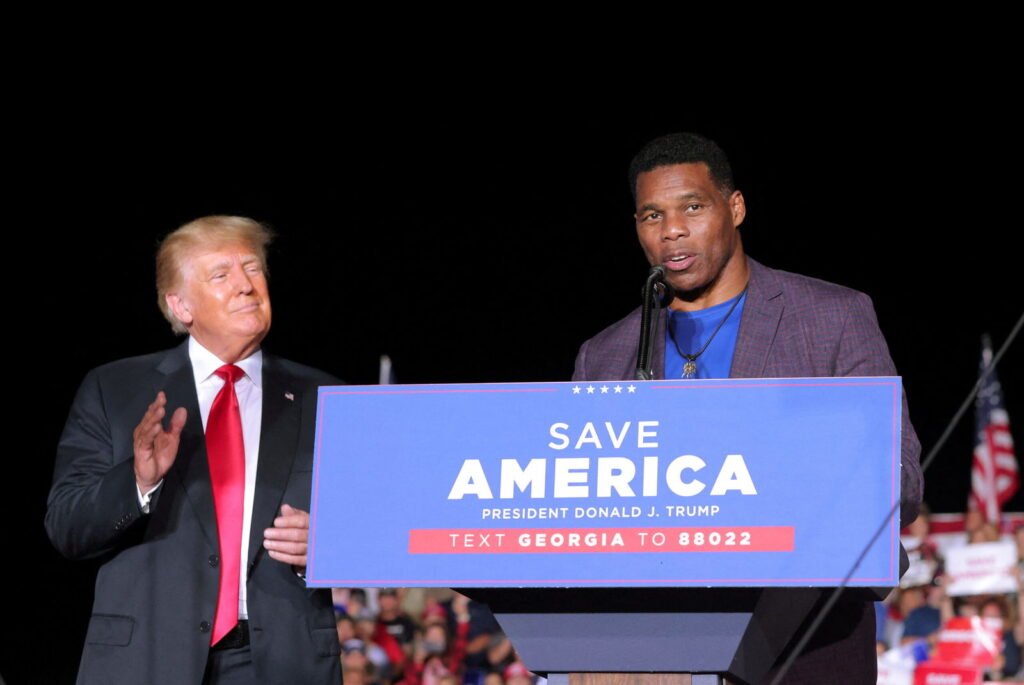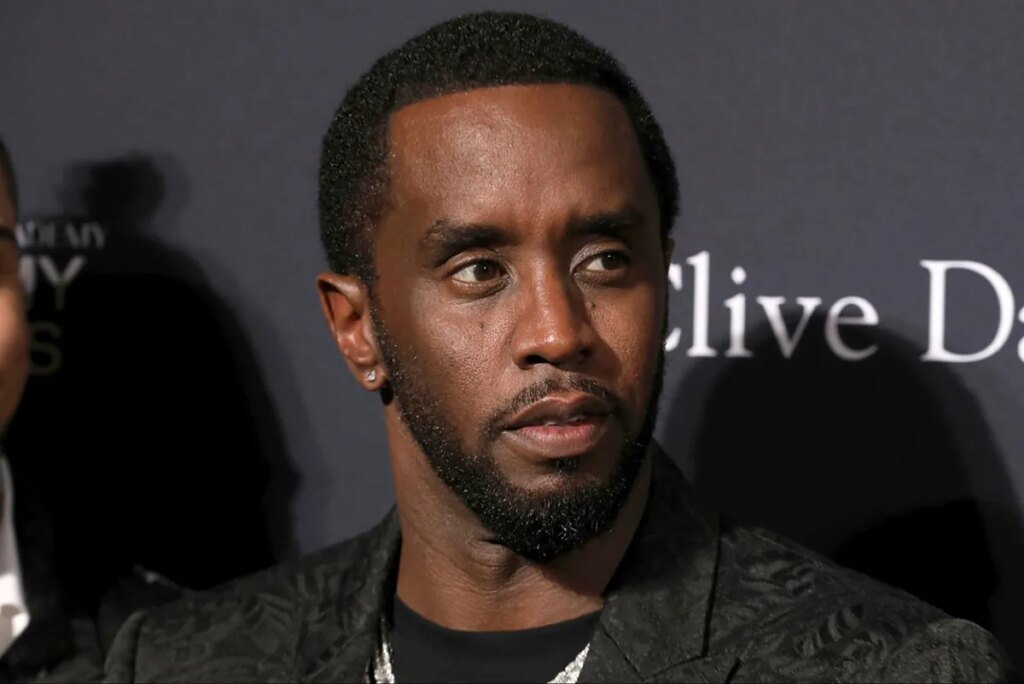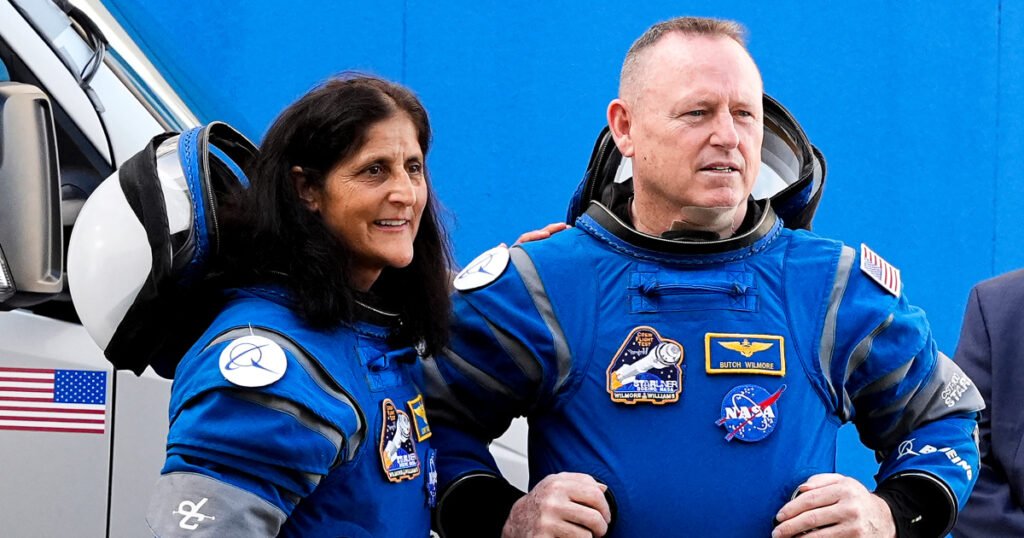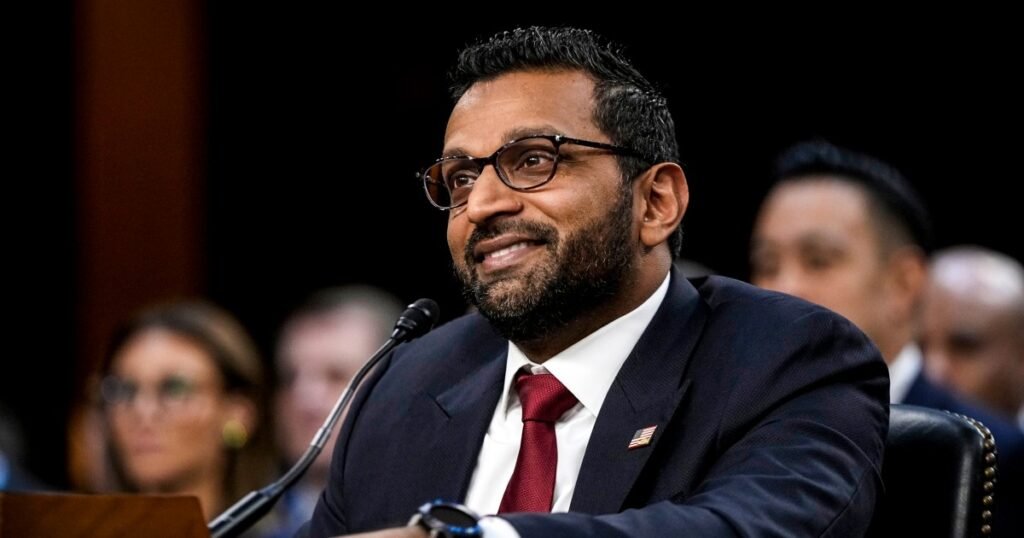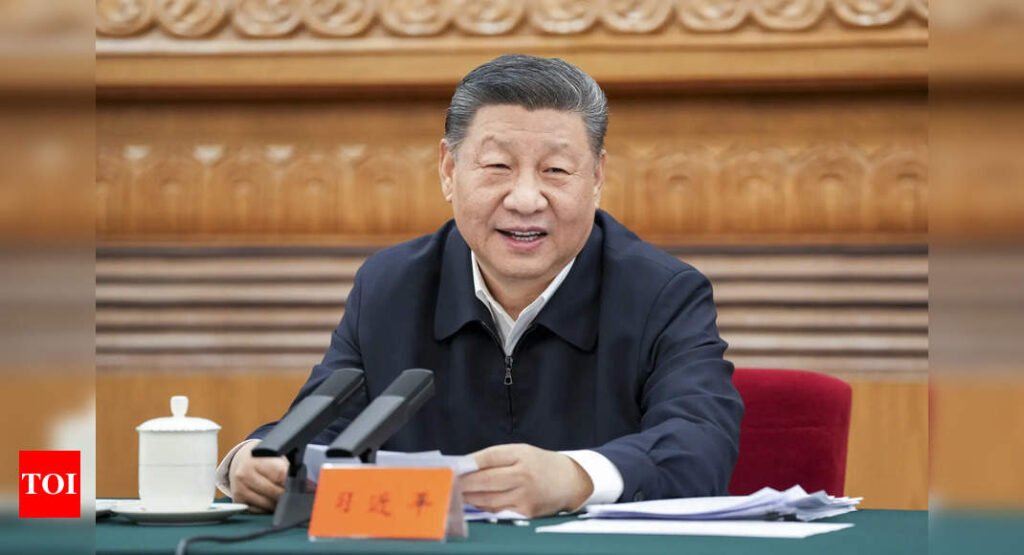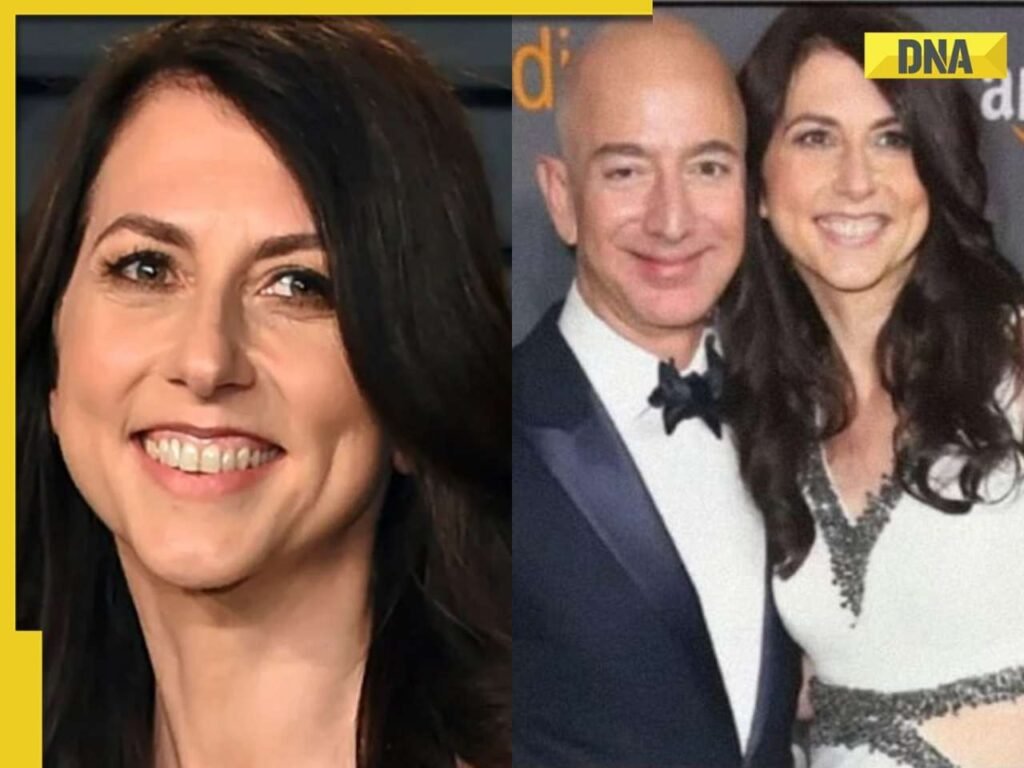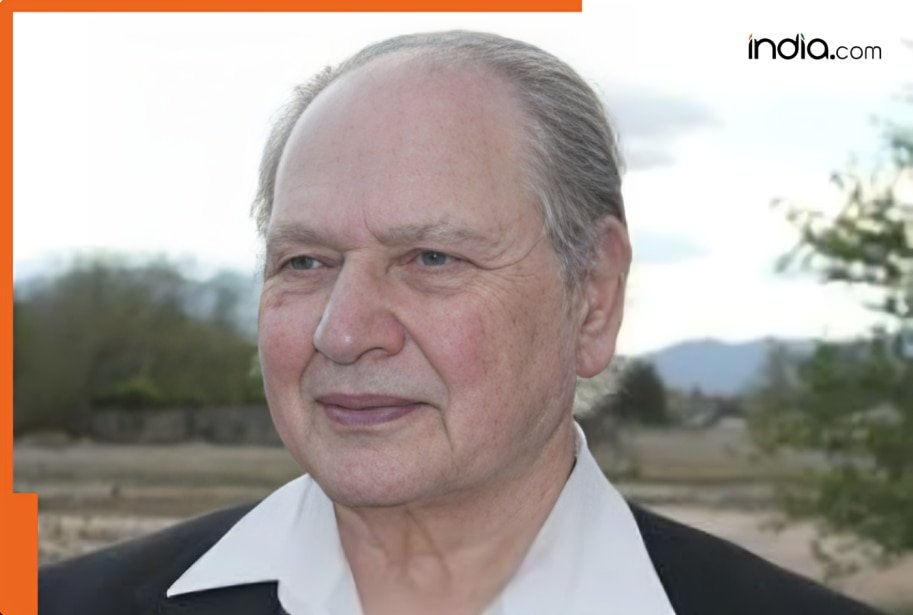Bill Gates has warned that drastic cuts to U.S. foreign aid, driven by recent policy shifts, could endanger millions of lives. As aid programs like PEPFAR face uncertainty, Gates urges urgent action to prevent devastating global consequences.
Bill Gates has cautioned that millions of lives could be at risk if U.S. foreign aid spending is not restored soon. The Microsoft co-founder and philanthropist emphasized that foreign aid is not just a humanitarian effort but also serves as a gateway for diplomatic and economic engagement with other nations.
While the long-term impact of Elon Musk’s cost-cutting measures within the government remains uncertain, Gates warned that the immediate effects could be dire. He expressed hope that some of the recent cuts introduced by the Department of Government Efficiency (DOGE) would be reversed.
Concern Over USAID Cuts
Speaking to PBS in an interview released yesterday, Gates discussed the stark contrast between a recent conversation he had with President Trump and the administration’s current stance on foreign aid. Earlier this month, Gates had stated that Trump appeared open to hearing his views on the importance of sustained foreign aid.
However, following Musk’s and Trump’s decision to halt the work of the U.S. Agency for International Development (USAID)—which includes placing staff on leave, freezing spending, and reducing the agency’s workforce from thousands to just 300—those discussions seem to have been sidelined.
“I’m hopeful that some significant portion of that can be reversed and preserved,” Gates said. “Elon, of all the elimination he’s done, 99% of it is these employees at the USAID who work overseas in very tough circumstances. They allow the U.S., in addition to our military power, to get out there and help out with famine and HIV medicines.”
Bill Gates Points To The Impact on PEPFAR
Gates specifically pointed to the consequences of cutting funding to PEPFAR—the President’s Emergency Plan for AIDS Relief—which has saved more than 26 million lives through HIV/AIDS prevention and treatment programs. Since its inception more than two decades ago, PEPFAR has received $110 billion in funding.
“I know a lot of those workers, I know that work,” Gates said. “A very, very high percentage of it is stuff every taxpayer would be proud of.”
He noted that Musk had acknowledged some missteps in his approach, saying, “Elon, I think, said ‘Yeah, we made a mistake, we went overboard,’ but … what is the equilibrium? How many of those people can be kept so we can continue to save tens of millions of lives?”
Bill GATES On Costly Errors in Aid Allocation
Gates’s remarks come amid reports of errors in aid allocation following DOGE’s changes. Last week, a journalist questioned Musk about a $50 million aid payment intended for condom distribution in Gaza. The reporter noted that the payment was likely meant for HIV prevention in the Gaza region of Mozambique, rather than the conflict-ridden territory controlled by Hamas.
Such mistakes, Gates warned, could have severe consequences. When asked how many lives could be at risk if funding to health organizations like PEPFAR is not reinstated, he responded bluntly: “It’s definitely in the millions. PEPFAR has kept over 20 million alive with HIV drugs. It was started by President Bush and continued on a bipartisan basis literally up to the day Elon decided it wasn’t a good organization.”
DOGE and the White House did not respond to Fortune’s request for comment.
“Keeping people alive from HIV—the U.S. has done a great job, and even if we have to reduce that sum, an abrupt withdrawal is a terrible thing,” Gates added.
The Broader Economic and Diplomatic Impact
The White House has justified its 90-day pause on foreign aid by citing the government’s $40 billion annual expenditure on such programs. However, this figure represents only a small fraction of the administration’s total spending—$2.44 trillion since October—amounting to just 1.6% of the government’s spending over less than five months.
Beyond the humanitarian and ethical considerations, Gates highlighted the economic advantages of maintaining foreign aid.
“There is the uplifting element that if these countries can get out of the poverty trap, then they participate in doing business with the U.S., they have gratitude to the U.S.,” he said. “So even beyond the moral reason—maintaining stability, reducing illegal immigration—we have something in common that we can help these countries.”
Gates also acknowledged geopolitical considerations, particularly the competition between the U.S. and China for influence in developing nations.
“There’s a little bit of a ‘do they favor China over us,’ but because of PEPFAR, they’ve been very much positive to the United States,” he added.
Also Read: Bill Gates Criticizes Elon Musk and Jeff Bezos for Prioritizing Space Over Global Crises

